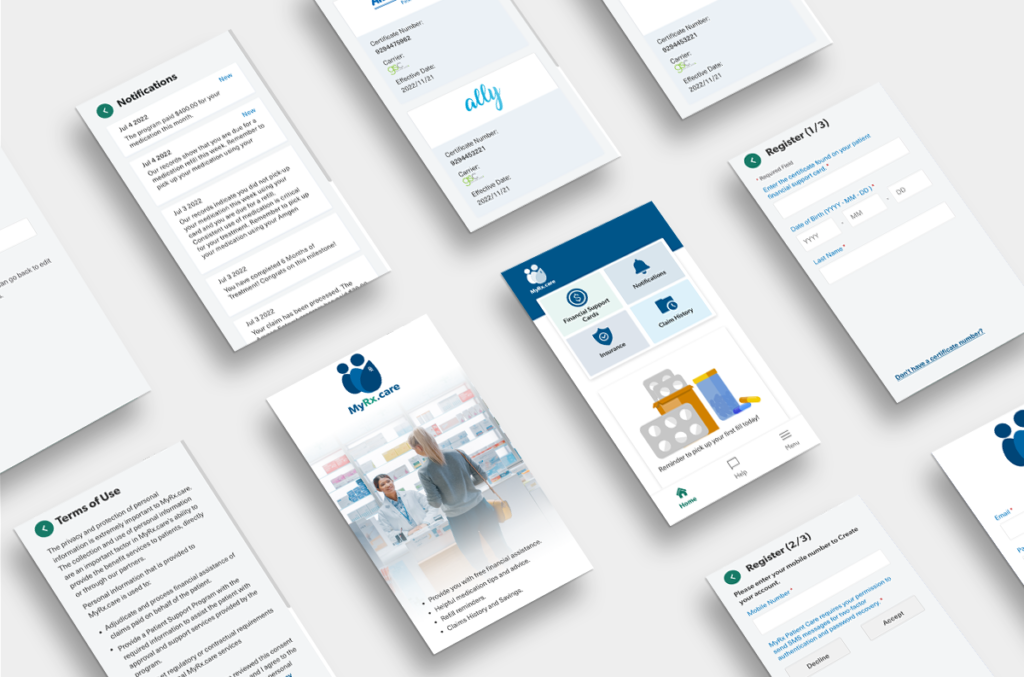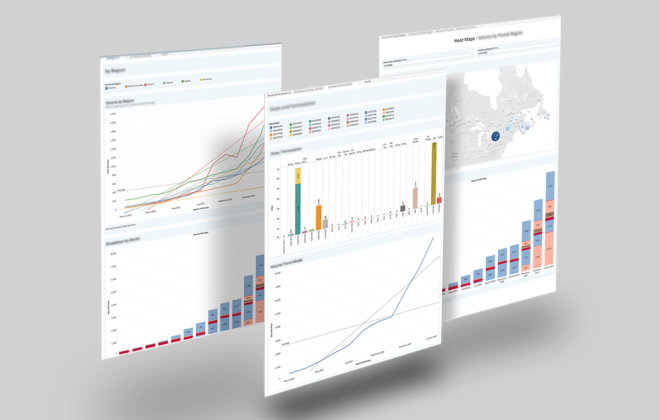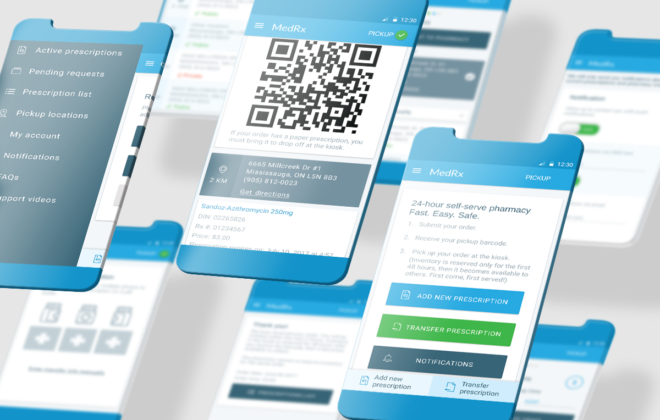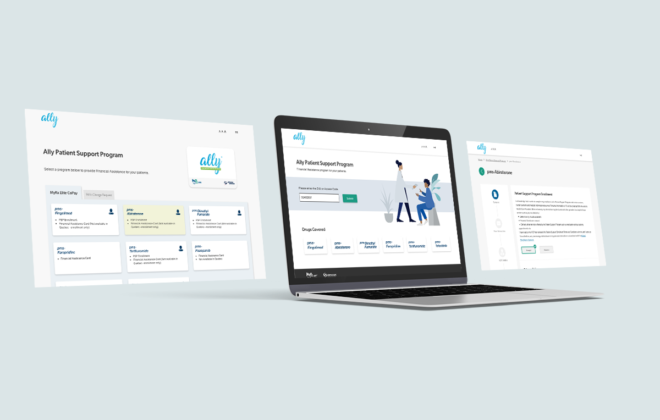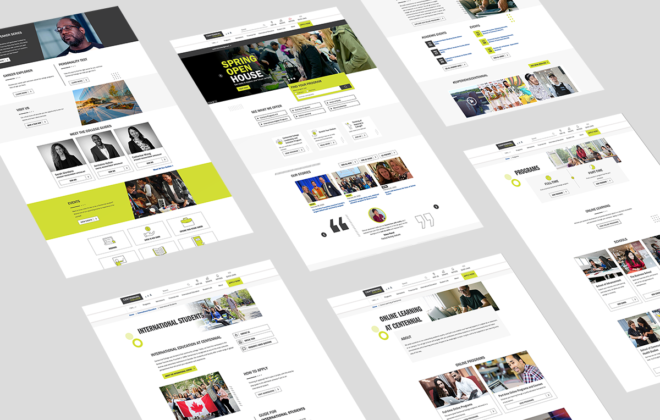Improving patient adherence with a mobile app
Introduction:
A healthcare organization was facing challenges with patient adherence to medications. Many patients were not taking their medications as prescribed, which resulted in poor health outcomes and increased healthcare costs. The organization realized that it needed a more effective solution to support patient adherence and improve health outcomes.
Problem:
The healthcare organization faced several challenges with patient adherence to medications, including:
- Lack of patient engagement: Many patients were not actively engaged in their own healthcare and were not taking their medications as prescribed.
- Complex medication regimens: Some patients had complex medication regimens that were difficult to manage and adhere to.
- Inadequate support: Patients often lacked support and resources to help them manage their medications and adhere to their medication regimens.
Solution:
The healthcare organization decided to develop a mobile app to support patient adherence to medications. The app was designed to provide patients with the resources and support they needed to manage their medications and adhere to their medication regimens.
The app provided patients with reminders to take their medications, and it also provided educational resources and information about their medications. The app allowed patients to track their medication use and receive feedback on their adherence. The app also provided patients with the ability to communicate with their healthcare providers and receive support and resources to help them manage their medications.
Results:
The implementation of the mobile app resulted in several positive outcomes for the healthcare organization and its patients, including:
- Improved patient engagement: Patients were more engaged in their own healthcare and were more actively involved in managing their medications.
- Better medication management: Patients were better able to manage their medications and adhere to their medication regimens.
- Increased support: Patients received the support and resources they needed to manage their medications and adhere to their medication regimens.
- Better health outcomes: Patients experienced improved health outcomes as a result of better adherence to their medications.
- Reduced healthcare costs: The healthcare organization experienced reduced healthcare costs as a result of improved patient adherence and better health outcomes.
Conclusion:
The development of the mobile app was a success and improved patient adherence to medications. The app provided patients with the resources and support they needed to manage their medications and adhere to their medication regimens. The improved adherence and better health outcomes resulted in reduced healthcare costs for the organization. The healthcare organization plans to continue to use the app to support patient adherence to medications and improve patient outcomes.


